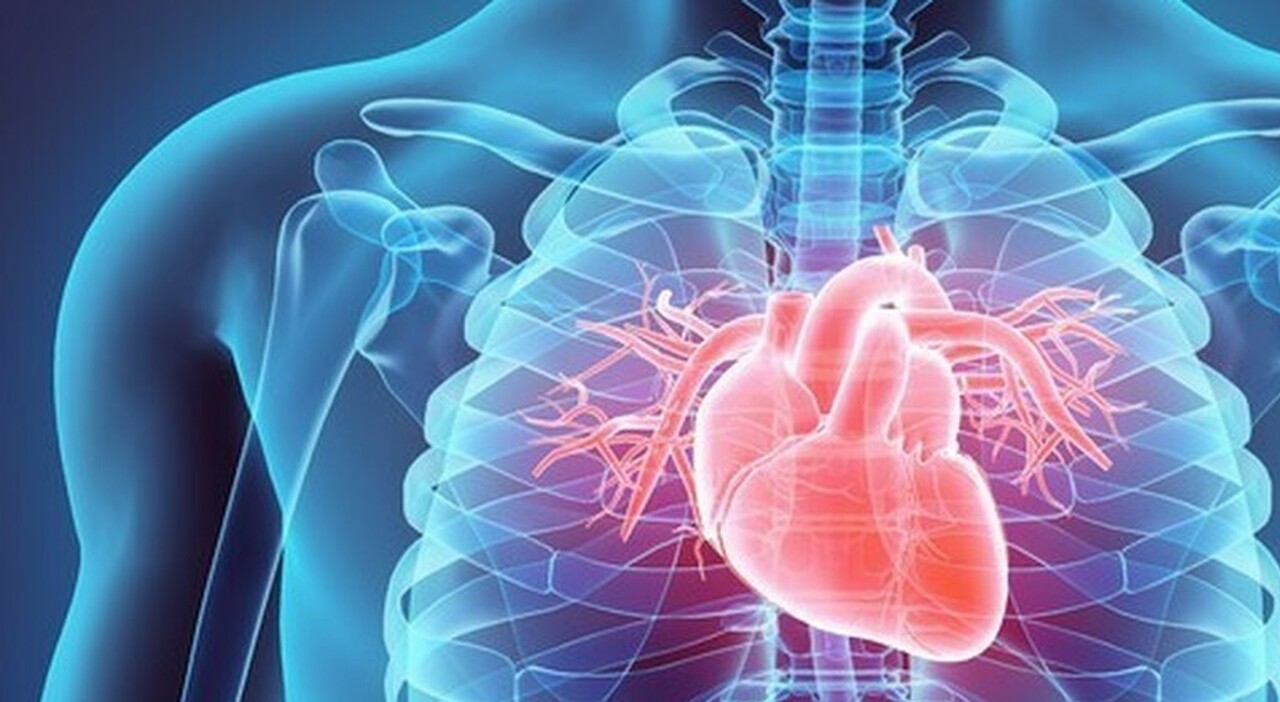A new protein “sponge“could be the key to reducing the risk of heart attack, as it would be able to clear the arteries of the heart of excess cholesterol while avoiding the formation of dangerous plaques. The research states. Aegis-II promoted by Harvard Medical School of Boston in the United States who is studying apolipoprotein apoA-I: a kind of sponge that absorbs the fats it comes into contact with, including those that could clog blood vessels.
The study: 20 thousand participants
The study aims to recruit around 20,000 participants across 1,035 centers around the world. Among these, the Irccs MultiMedica of Sesto San Giovanni, near Milan, which enrolled its first patient. The Phase 3 clinical trial will test the efficacy and safety ofapolipoprotein in patients who have had acute coronary syndromes, such as myocardial infarction. The primary objective of the work is precisely “to observe whether this treatment is able to reduce the risk of further cardiovascular events in the first 90 days after the heart attack, the period of greatest vulnerability” underlines Roberto Pedretti, director of the Cardiovascular Department of Irccs , who applied the research protocol in the first patient enrolled by the Institute.
In Italy 130 thousand heart attacks every year
In Italy, in fact, about 130 thousand patients suffer a heart attack every year and 20% undergo a new event within 12 months. This is why prevention becomes important. “Mrs. Giovanna (invented name) was discharged and returned home in excellent condition” explains Pedretti “She had been hospitalized for a heart attack and, in addition to all the usual treatments, she was the first patient to enter this study on apolipoprotein apoA-I, whose protocol provides for four intravenous infusions over a few weeks and a follow-up of one year. Giovanna will now be followed up periodically by our center, to monitor clinical progress after some time. Other heart attack patients can be treated by us with this highly innovative approach ».
How the new protein works
This is an innovative approach: “While the existing drugs act by reducing the synthesis of cholesterol and preventing the formation of new accumulations, this therapy has a more ambitious and never achieved before: attack the plaques already present in the arteries” explains Giuseppe Ambrosio, coordinator of the study for Italy and deputy scientific director of Irccs MultiMedica. How? Lipids do not dissolve in water, they circulate in the blood because they are incorporated into particular proteins, called lipoproteins. This is why they are dangerous for circulation because they can create plaques. “By administering into the blood the precursor of the Hdl-type lipoprotein, that is the lipoprotein without the lipids called apolipoprotein A1, this attracts excess cholesterol to itself, managing to detach it from the atherosclerotic plaque, as a sponge would do “, explains Ambrosio, who assures us that it is” A completely new approach, which we hope will contribute to the reduction of acute events in those who have had a heart attack. The preliminary results are very encouraging ».
Diet, meat yes or no? The complaint: “Vegan hurts”. Here is the damage to the metabolism for those who give up animal proteins
An innovative approach
In conclusion theobjective of the study is to confirm the hypothesis that an early reduction in cholesterol present in atherosclerotic plaques, through the intravenous administration of apolipoprotein A1, corresponds to a reduction in the possibility of other cardiovascular problems: “A similar goal, if achieved, will allow us to set a milestone in ‘field of’ HDL pharmacology ‘has remained uncertain up to now »comments Alberico Catapano, director of the Irccs MultiMedica dyslipidemia center and full professor of pharmacology at the University of Milan.
